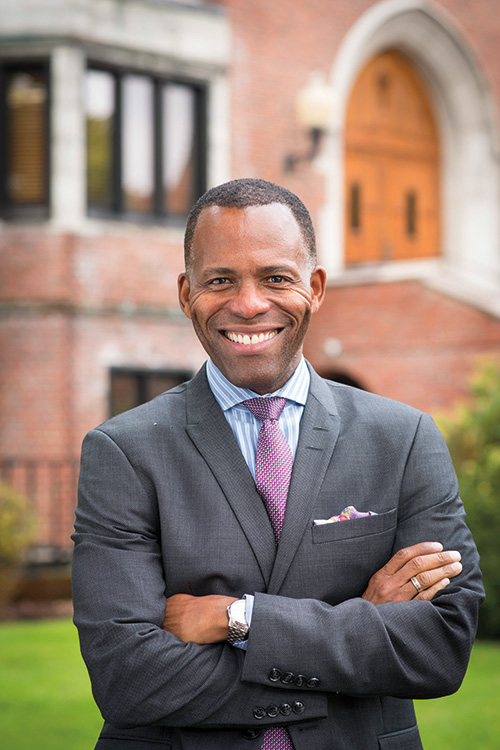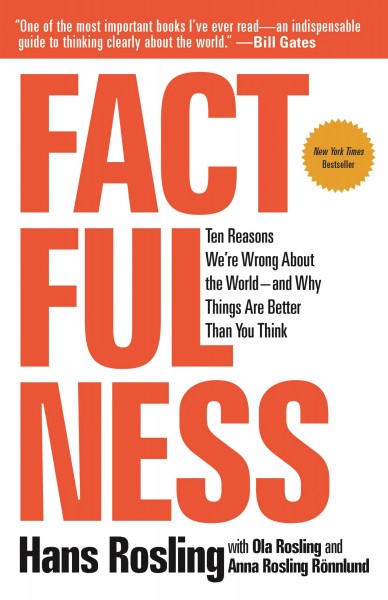President Isiaah Crawford is a big fan of the book Factfulness: Ten Reasons We’re Wrong About the World—and Why Things Are Better Than You Think, by the late Hans Rosling, a professor of international health who was known globally for his TED talks. The book debunks common misperceptions about the state of the world, identifies 10 instincts that distort our perspective, and encourages a worldview based on facts rather than inherent biases.
By Stacey Cook
SC: What do you love about this book?
IC: I love hopefulness and optimism. So much of what we encounter in current affairs is negative, and we lose sight of the progress that we are making across the globe. Here’s a book that helps you remember that. Also, it emphasizes the importance of data as opposed to anecdotal information.
SC: It’s almost radical in its hopefulness.
IC: Yes. But rather than getting complacent, Rosling also challenges us to continue making positive changes and approaching the world with humility and curiosity. I appreciated that as well.
SC: I found it interesting to learn that most of us are going around with an outdated idea of the world in our heads, based on a Cold War-era map. Rather than a huge gap between rich and developing countries, 75% of people in the world are actually in the middle. It breaks down some stereotypes.
IC: Oh, absolutely. There’s an artificial divide between what we refer to as the first and third world or developed and developing countries. That worldview is increasingly apparent in the nationalistic, xenophobic rhetoric that is rising across the world. The more we can begin to resist the idea of “us versus them” and build a greater sense of “us,” the better.
SC: How can a worldview based on facts help our students with the work they go on to do?
IC: It facilitates critical thinking, lifelong learning, and pursuit of the common good. Rosling brings awareness to the factors and influences that lead to the misperception that can derail and demoralize us. And I think the inherent hopefulness in the narrative of the book would be helpful for our students, that the world is not as bad as you’re being told that it is, and it’s important for you to be able to look at it with a different or clearer lens and be inspired by it.
SC: What do you think about the role of social media in establishing a fact-based worldview?
IC: There are many benefits to social media, but I believe there are far too many interactions on those platforms that dehumanize the participants. Rosling speaks about the importance of direct human interaction; the more we can help our students look up from their devices to have that kind of personal interaction, the better. Discourse is essential, but I think an important part of that is challenging points of view that are factually and ethically wrong and doing so in a manner that respects everyone involved in the discussion.

